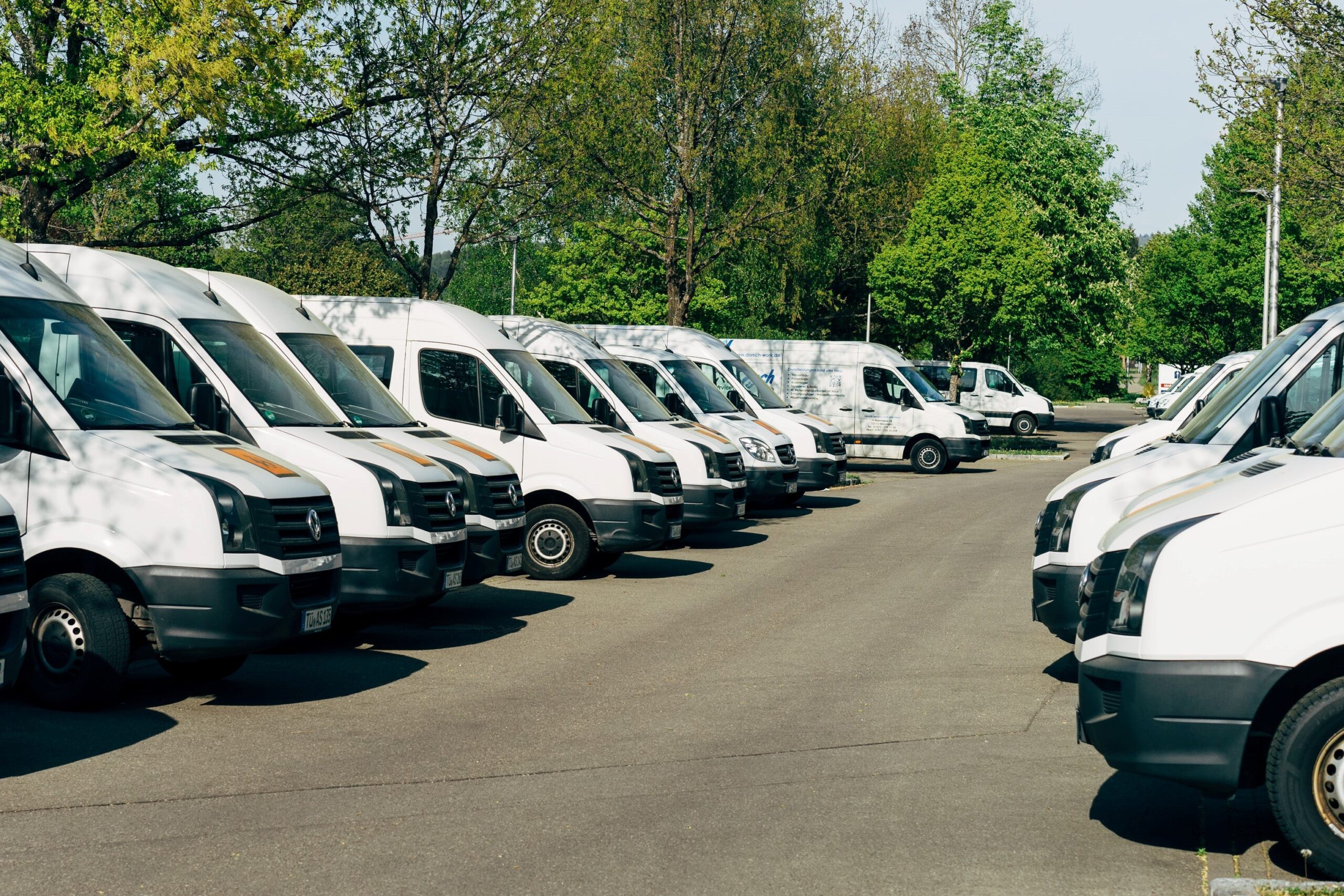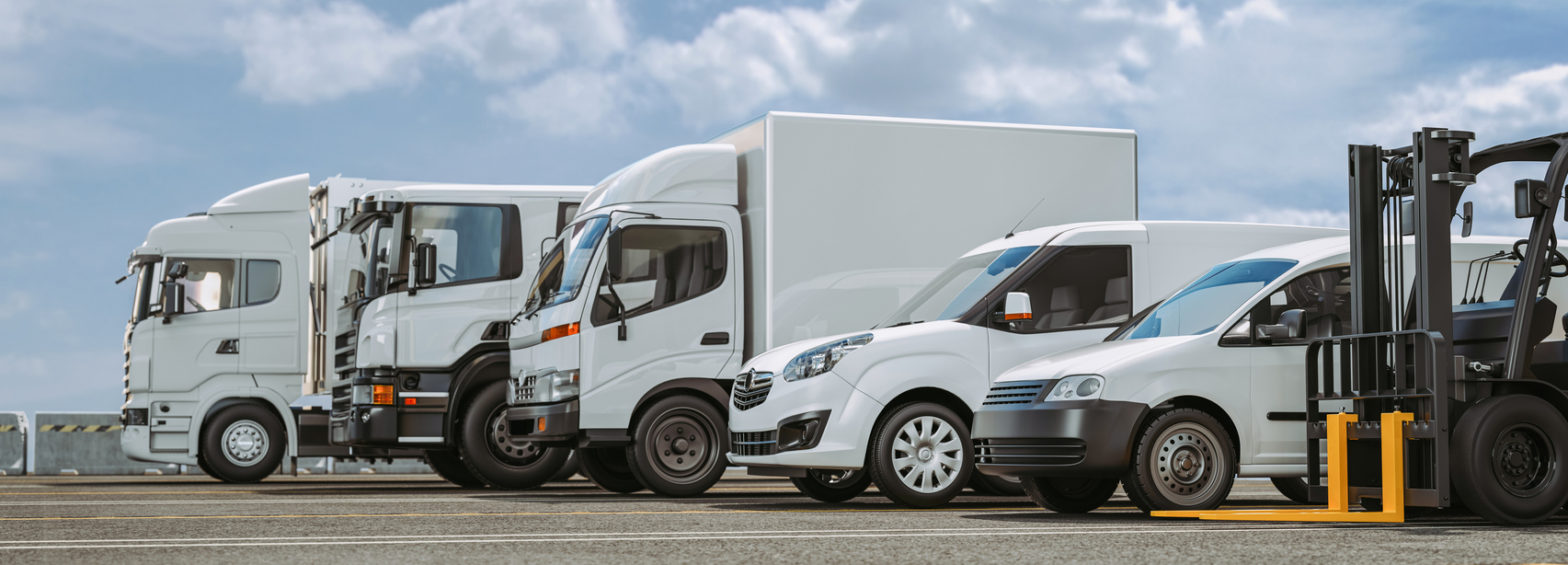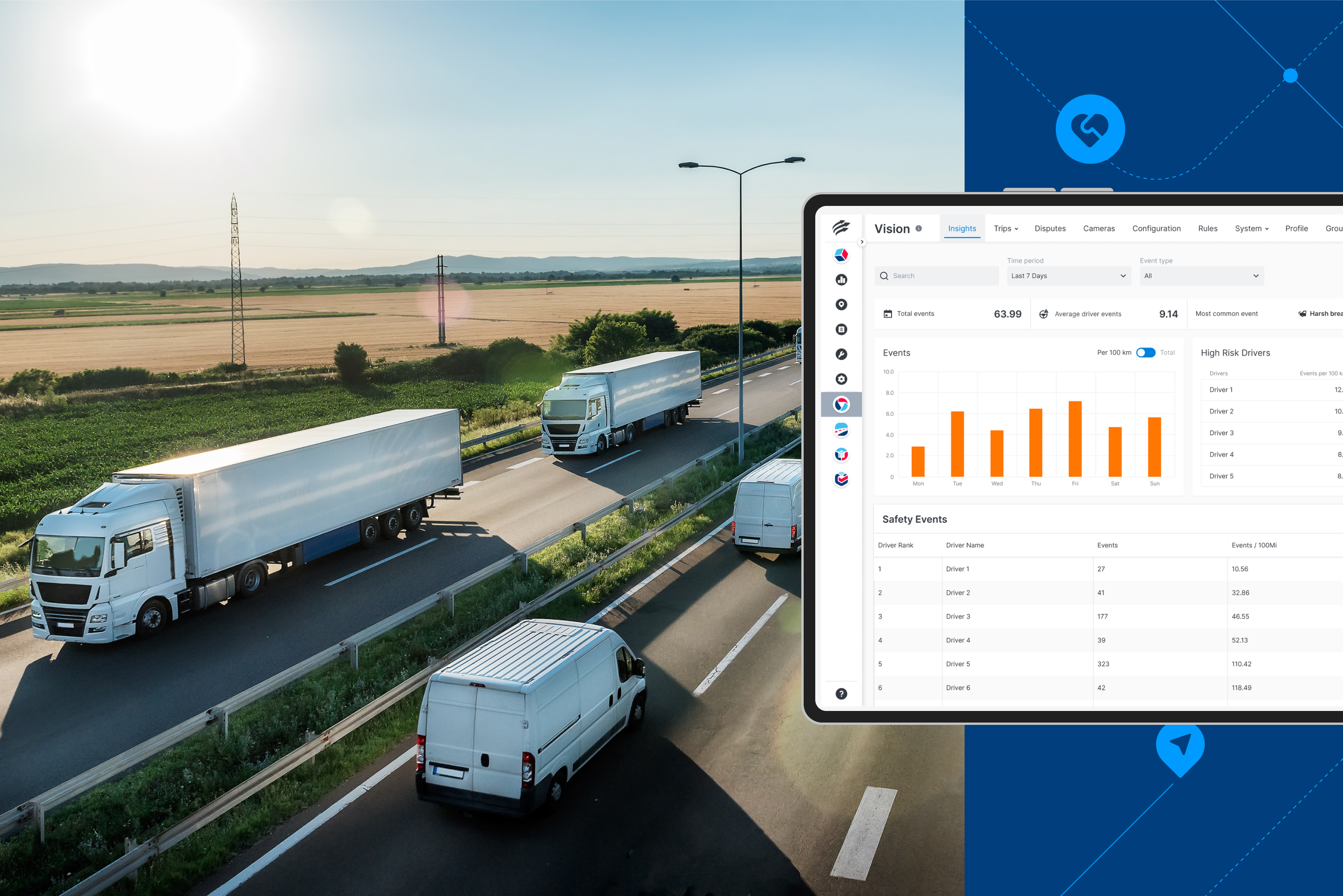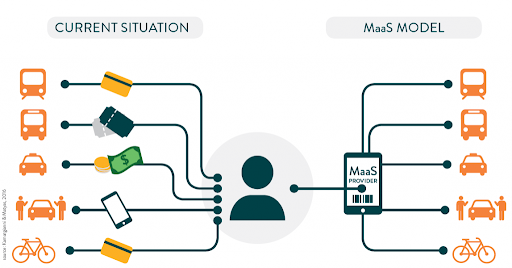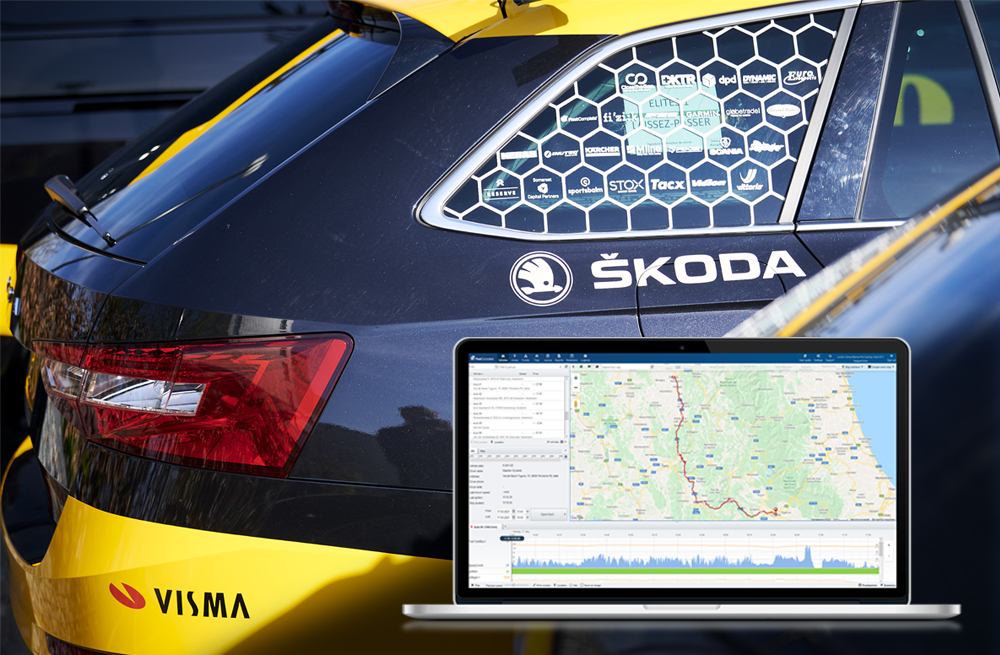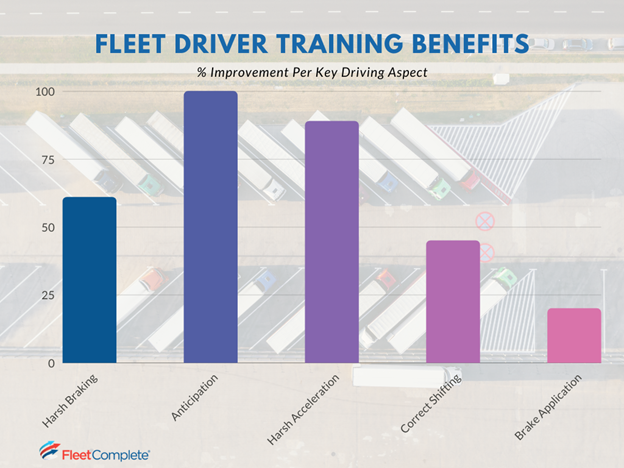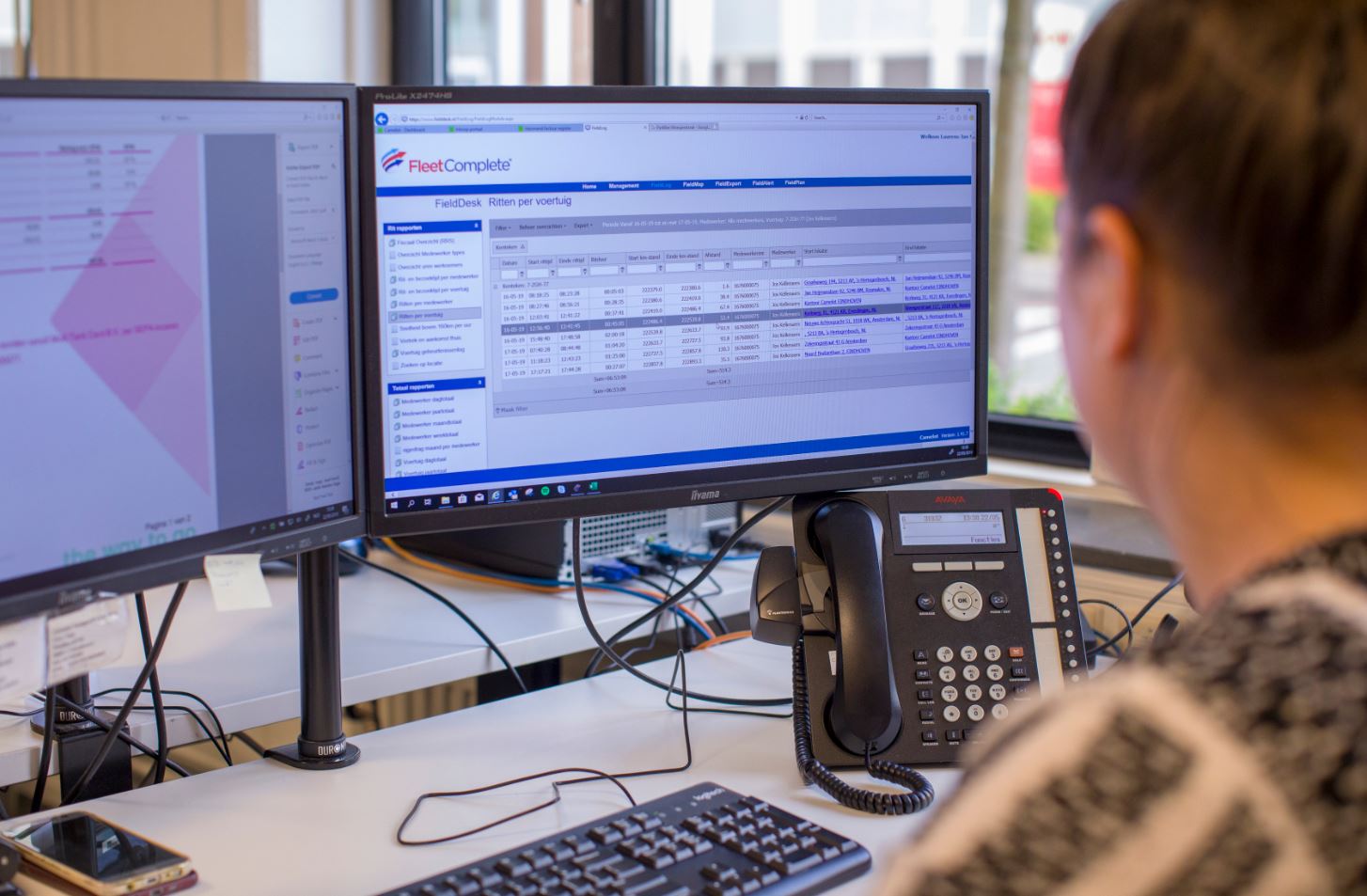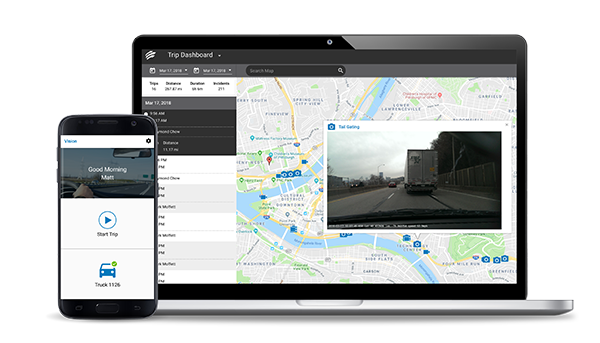Should you rent your fleet vehicles or buy them? This may be a question you find yourself asking as you continue to add vehicles to your fleet. This decision can be pivotal for your fleet. Some business owners are opting for renting, while others are sticking with the traditional path of buying. Your choice will be influenced by business objectives and what aligns best with your fleet’s short-term and long-term needs. However, before you make a final decision, there are several key factors that can guide your decision-making process.
Cost and Increasing Profit
Renting
Opting for a rental offers the advantage of not requiring a large upfront investment, which is especially attractive for fleets with limited disposable income. Renting also has a clear and open approach to costs. You don’t usually have to worry about sneaky extra charges like money for towing or extra taxes. This transparency in renting can give you a clearer picture of what you’re paying for, helping you better budget.
Purchasing
Choosing to buy a vehicle involves thinking about your money in a different way. When you buy, a large amount of money is required upfront, either all at once or by taking a loan. There’s also a chance of more costs like fees for loans and taxes in this case. However, the advantage is that once you finish paying for the vehicle, you don’t have to worry about payments. You also get to hold on to the title of the vehicle, which can make selling it later easier.
Taking Care of Repairs and Maintenance
Renting
Choosing to rent a vehicle brings along an extra advantage — support when things don’t go as planned. If you have a full-service lease or rental, you have a backup team when your vehicle breaks down. If your vehicle suddenly stops working, you can simply call a qualified mechanic through the rental company. They can help with things like moving your vehicle, fixing flat tires, and handling any other problem you may have. Additionally, the rental company can provide a short-term replacement vehicle to avoid any downtime that might be associated with maintenance activities. The rental company is essentially there to help whenever you need it, making it one less thing for you to think or worry about.
Purchasing
On the other hand, if you decide to own your vehicles, you’re taking on more responsibility. When something goes wrong, it’s up to you to handle it. You will also need to keep an eye on all your vehicles, manage payments, find insurance, and handle other tasks. It’s like being the captain of the ship — you’re in charge of everything. While this can make things a bit more challenging, it also means you’re making more of the decisions which can be an advantage.
Saving Money and Being Flexible
Renting
Choosing to rent a vehicle gives you flexibility and more options that can match your business goals. There is also less of a commitment as when your rental agreement is over, you can either give back the vehicle, extend the rental period, or in some cases purchase the vehicle outright at a discounted price. Additionally, the payments made each month are set, which can help you plan your money better. This is really useful when unexpected things happen, like needing money for urgent business expenses.
Purchasing
If you decide to buy a vehicle, you’re choosing to have it with you for as long as you want. You’re the one in charge. You get to say when it’s time to sell and where you want to sell it. You also have more say in how much you want to sell it for. Think about what feels right for your business as you make a choice that fits your way of doing things. It’s all about finding a way that makes your fleet work best for you.
Vehicle Customization
Renting
When working with fleet vehicles — it’s often that you’ll need custom specializations made to vehicles to fit your marketing and operational needs. Renting can be either a positive or negative factor for vehicle customizations depending on the rental company you use. Some vehicle rental businesses offer their clients customization services. This means whether you need something simple like installing company decals or something advanced like installing work racks or tool boxes, your rental company can get you what you need, with quality guaranteed. On the other side, some rental companies may restrict or even prevent your business from making any customizations or alterations to their vehicles.
Purchasing
Purchasing a vehicle comes with the ultimate flexibility – you can customize it however you want. This means you don’t have to deal with any rental company telling you what you can or can’t do with your vehicle. However, on the downside, you’ll have to make the customizations yourself. However, since many fleets do not have the in-house mechanic staff to handle these customizations, this means they’ll need to use an expensive third party.
Understanding Depreciation
Leasing
When you buy a car, something called depreciation happens. Depreciation is the reduction of value of a vehicle over time, usually caused by wear and tear. In the simplest of terms, a vehicle made in 2015 is going to be worth a lot less than the same vehicle made in 2020. Renting or leasing vehicles provides companies with the opportunity to avoid vehicle depreciation costs. Additionally, renting or leasing often comes with special discounts or deals because of depreciation.
Purchasing
When you own a car, you take sole ownership of the depreciation costs of that vehicle and when the time comes to sell the car, you’re in charge of finding a buyer and deciding how much to sell it for. It’s like taking care of a puzzle — you need to figure out how to get the most money back (because it’ll always most likely be less than what you spent to begin with). On the plus side, depreciation costs can come with some tax benefits for your business.
Making the Right Choice
Deciding between leasing and buying is similar to picking between having a team to back you up and being the one who’s in control. Both have their own advantages and disadvantages but the decision will ultimately depend on what’s best for your business goals.
As you make your choice, think about what kind of support feels right for your fleet and business. It’s about finding the right balance between having help and taking the lead. If you are still unsure, consider using fleet management tools which will ultimately help you save money, anticipate any future needs with maintenance, and much more.
To learn more about how Powerfleet (formerly Fleet Complete), request a demo here.











